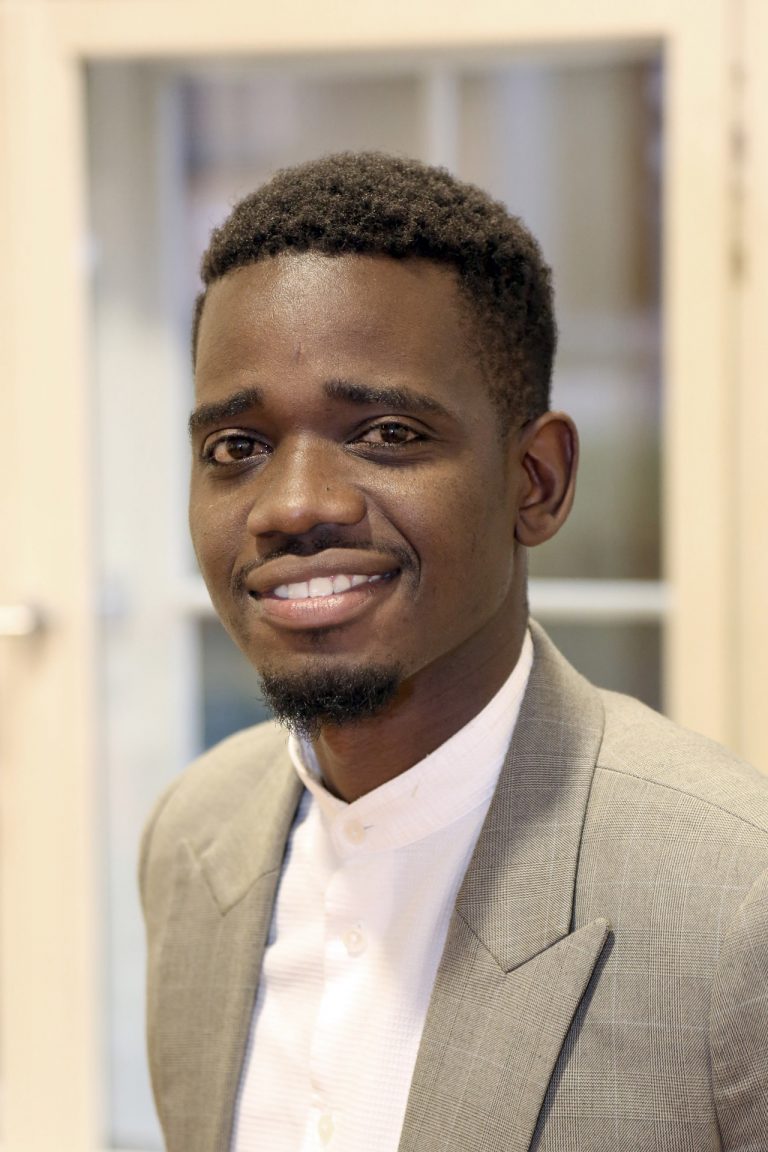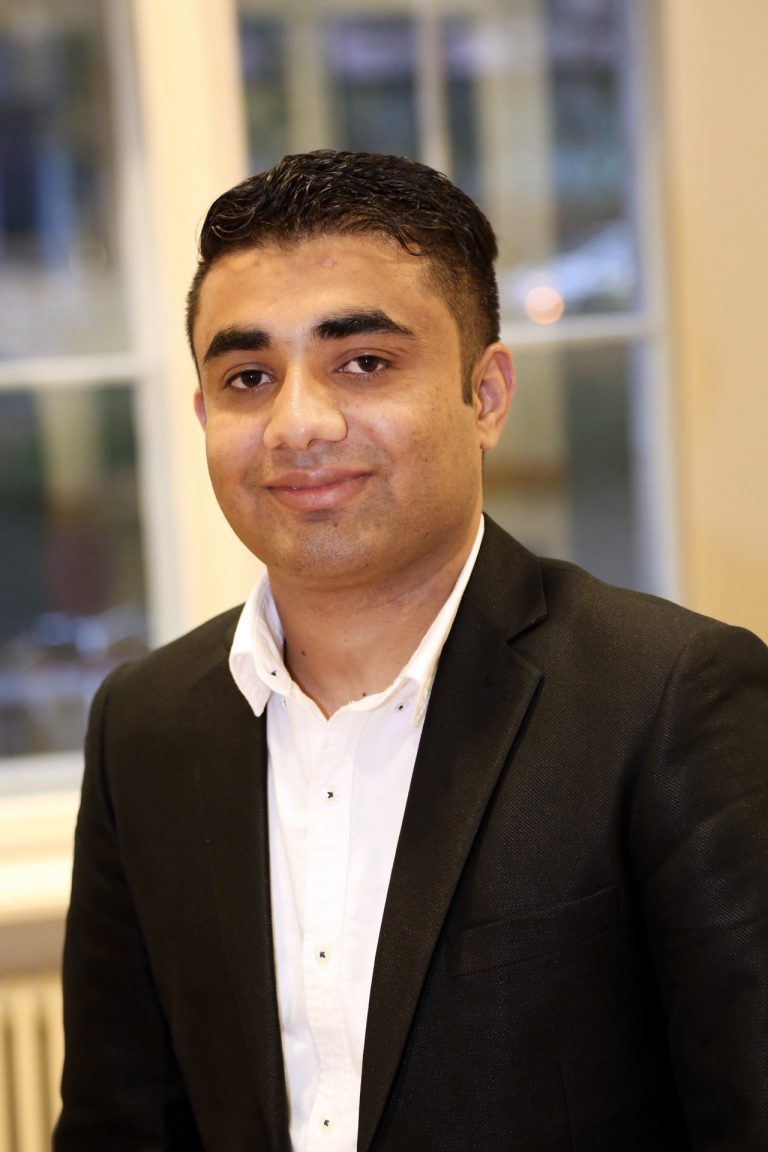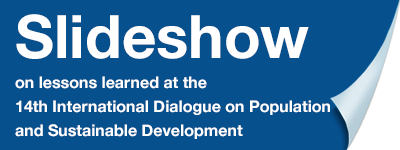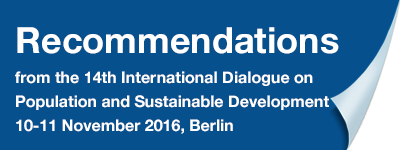African and Asian youth demand accountability
Bob Mwiinga Munyati is a Zambian Researcher with AIDS Accountability International, where he focuses on global and regional commitments. Kamal Guatam is an executive member of YUWA, a Nepali youth organisation that promotes SRHR.

Bob Mwiinga Munyati

Kamal Guatam
What are the major challenges you face in the regions where you work?
Kamal Guatam: In South Asia, in terms of SRHR, we work for comprehensive sexuality education. Our region includes Pakistan, India, Afghanistan. It’s more challenging in some of these places. In some Muslim countries, talking about SRHR is a challenge. Nepal, my home, gets more progressive with time. We have been able to change the sexual health education curriculum in the last five years. We are making it more age-appropriate and comprehensive.
Bob Mwiinga Munyati: In Africa, we have seen over the review period of the MDGs and the Maputo Plan of Action that governments have become more reluctant about SRHR - they are limiting universal access to SRHR. You can see this in lack of access to safe abortion or limits on comprehensive sexuality education. Even when commitments get made, implementation does not happen.
How has your work changed in recent years?
Guatam: There are lots of recommendations for youth and from youth regarding SRHR. Every forum we go to now there is representation of youth and they provide input.
Munyati: We now see governments across the continent that have signed agreements, such as the East and Southern Africa Commitment on Comprehensive Sexuality Education (ESA Initiative). But implementation is another issue. There are actors who want to take care of this generation of young people, but others who refuse to fully observe SRHR.
You have both participated in youth panels at this conference. Why are youth spaces needed at meetings like this dialogue?
Guatam: Being a young person working in the area of SRHR is a double burden: we lack community acceptance and financial resources. The communities we are working in don't believe in youth. Especially in the rural areas. If you travel a few kilometres from Kathmandu, it is very difficult to work with the community and the young people on SRHR. The subject is not easy for them to accept.
Munyati: As a continent, from the African Union point of view, there have been policies signed and commitments made, such as the Agenda 2063,. It’s a very futuristic vision and it wants to address the issues that affect young people and adolescents, such as child marriage. But, while we have things on paper, we are not there yet. 14 million girls are married under the age of 18. And here, we talk about rights, because you cannot pretend to pay attention to young people and then deny them comprehensive sexuality education. We have to know how to prevent sexual and reproductive health conditions like HIV, we need to hear that forced marriage is wrong, just knowing about sexuality improves young peoples’ health.
Guatam: Yes, you see? We share some experience.
How have you used this space to share knowledge and build strategies?
Munyati: We’ve come together and created strategies for working together towards SRHR. Because of the South to South conversation, there are a lot of opportunities to learn from the good things that have been done in South Asia. Opportunities to share case studies, elements of best practice, and to critically look at problems that have existed and talk about how best to address them.
Why are South-South youth conversations on SRHR topics useful for you?
Munyati: The benefits of a South to South conversation is that we find ourselves in the same particular situations. We have high rates of maternal mortality, difficulty accessing sexual and reproductive health services, similar challenges on sexual rights. So this conversation is peer-to-peer and we learn, we share, we solve. The difference with a North-South conversation is it's no longer a peer-to-peer conversation because of the different political and social settings on SRHR. I'm talking about access to safe abortion, LGBT persons being who they want to be, access to health facilities. Historically, when there is a North-South, it is more prescriptive than conversation.
Guatam: You can see similar issues in both regions. Child marriage, the need for adolescent-focused health services, utilisation, accessibility and comprehensive sexuality education. Together, we get shared learning.
Munyati: Around young people we have had a lot of collaboration. The movement in this South to South conversation started prior to the final adoption of the SDGs. There was a push for a youth goal which was not attained, that was a loss for young people. But now we are showing that collaborating with and including youth is the key to achieving this futuristic agenda.

